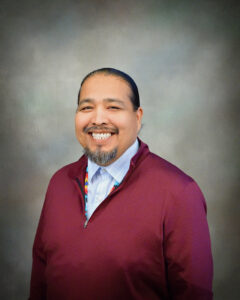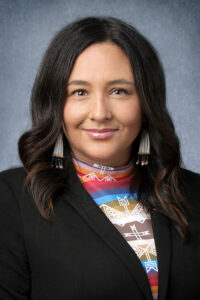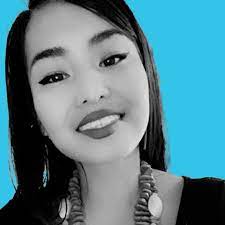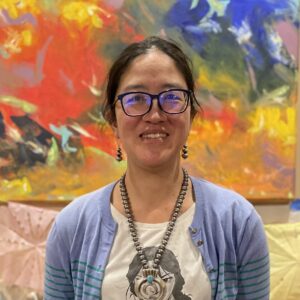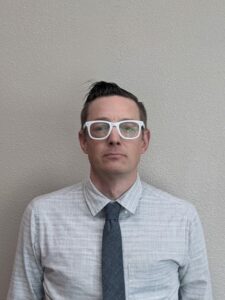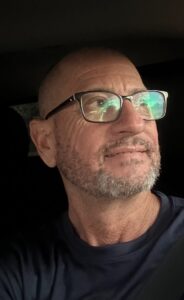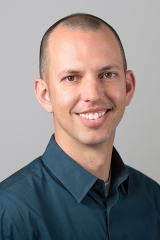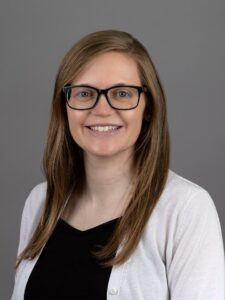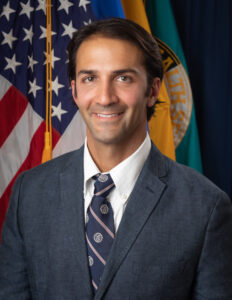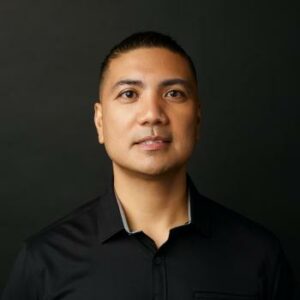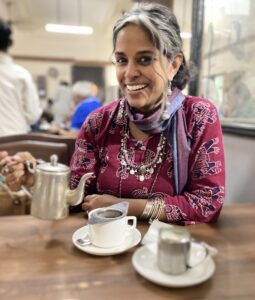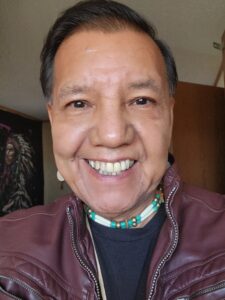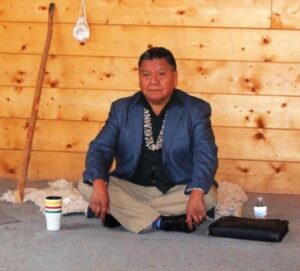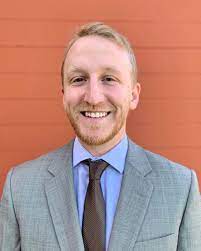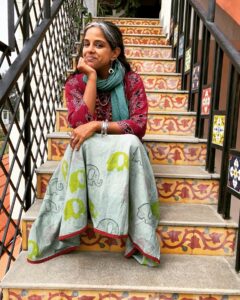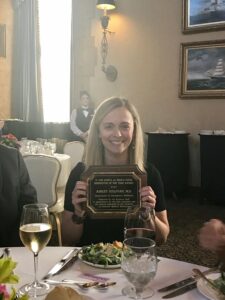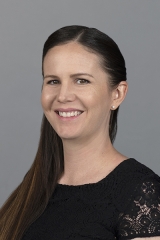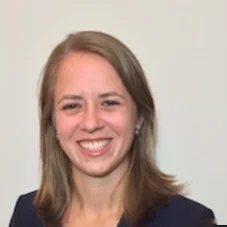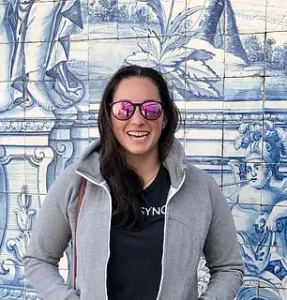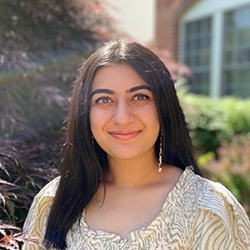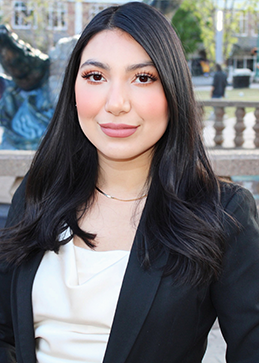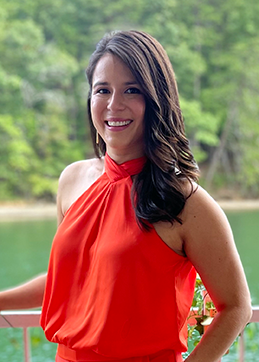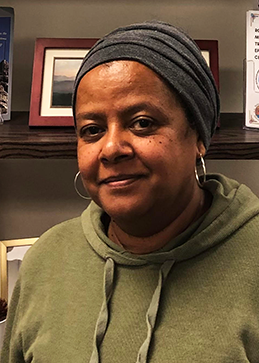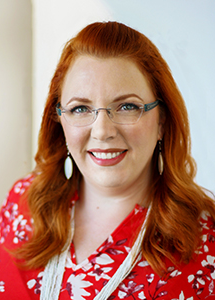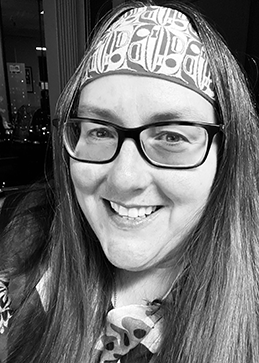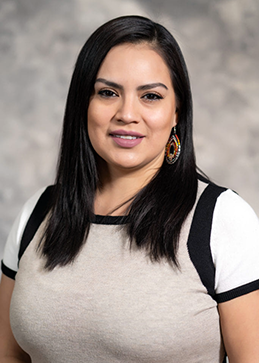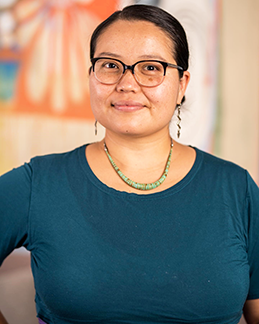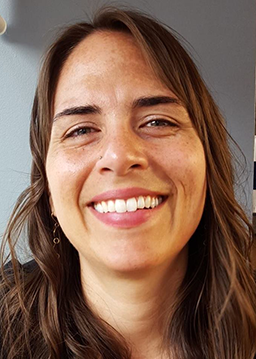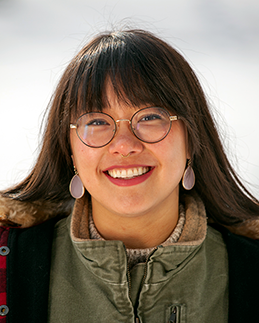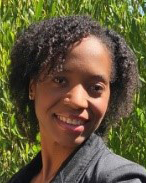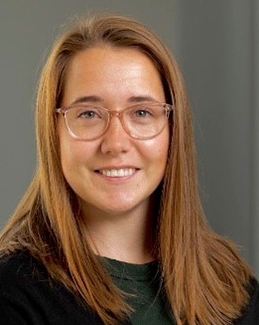Remote Physiological Monitoring of Blood Sugars

Alyssa Fine, RN, and Certified Diabetes Care and Education Specialist, along with other clinicians and staff at Cowlitz Tribal Health Clinic worked to build a holistic diabetes care model that supports patients through both clinical and community supports, including a Community Wellness Garden program and youth internship focused on traditional foods. However, during the COVID-19 pandemic, the five-member diabetes care team, which consists of Alyssa, a health education assistant, two garden staff, and tobacco cessation specialist, worked together to get creative and establish remote monitoring of patients’ blood sugars.
According to Alyssa, one particular barrier to diabetic care during COVID-19 was that patients were no longer able to bring in their glucometers to have their blood sugar (e.g. glucose) numbers regularly read and analyzed by clinical providers. Alyssa explained that since patients with diabetes are more at risk of negative outcomes due to COVID-19, the team needed a way to gather the glucometer data virtually.
Given the limited access some Elders had to smart technology and bluetooth devices, Alyssa wanted to use a glucometer that did not have a steep learning curve and did not rely on the use of a smart or bluetooth technology. Alyssa and her team found a glucometer called “Smart Meter,” which allowed clinic staff to download blood sugar readings remotely using a cellular connection. Therefore, as long as the patient was in a location that had cell service, the team could download the data.
To set up this new initiative, Alyssa and her team sent out glucometers and test strips to 10 patients enrolled in the program. Then, each patient was scheduled for an educational session, which could be done virtually or in person, based on the patient’s preference. Alyssa would then instruct the patient how often to monitor their blood sugars using the glucometer. Since the onset, the program has grown to 30 participants.

Clinicians and Patients Benefit from Remote Monitoring
Alyssa remarked how there were a number of benefits in using the “Smart Meter.” One benefit was that the “Smart Meter” allowed Alyssa and her clinical team to closely monitor patients remotely and stay in communication with them during a time of isolation and loneliness. In addition, the technology no longer required patients to bring their glucometers into the clinic, which at times patients forgot to do. Instead, Alyssa could check on patients’ glucose levels in real time and make helpful suggestions, calling them if the need arose. Alyssa remarked how having real time data positively impacted patient care. She was able to help patients better titrate their insulin or notice patterns of blood sugar lows and highs. Not only was Alyssa able to notice these patterns quicker, so were her patients:
“If we are going to tell patients to check their blood sugar and stick their fingers every day or more than once a day- which can be burdensome- they need to feel like we are using that data. Using this remote monitoring technology helps me demonstrate the utility in why I am asking my patients to stick their fingers regularly. Through using this tech, we are trying to make efforts to show our patients that their diabetes care team really cares and is working to benefit them.”
Alyssa hypothesized that this collaborative approach in using the glucometer data with her patients helped engaged them to be more proactive in their care.
A Cost Effective Approach
Another added benefit was the overall affordability of the “Smart Meter” program. Alyssa reported that the cost of a glucometer and test strips for a year per patient was about $250. She reported that there were no ongoing costs for the data downloads and “Smart Meter” software. In addition, she and other care providers are able to get reimbursed for both the initial education set up visit and reviewing the data with or without a patient. In addition, if patients checked their blood sugars 16 times in the span of 30 days, the clinic could also get reimbursed for this.
Creating a Clinical Community through Indian Country ECHO
Alyssa named Indian Country ECHO as an essential partner that helped Alyssa and her team provide innovative and holistic diabetic care pre-COVID-19 and during COVID-19. “It always felt like they had my back. It was like I had a team even thought I didn’t have a team,” Alyssa explained when describing her experience working with Indian Country ECHO and the Northwest Portland Indian Area Health Board. “Every time I do a diabetes one [training] I’m blown away by the knowledge and expertise and I always learn something to take back to my patients and the other clinical staff.”

To enhance your ability to screen, treat and manage patients with diabetes, join one of several diabetes virtual clinics. Here you will participate in didactic and case presentations, receive recommendations from peers and a multidisciplinary team of specialists, and join a learning community of dedicated I/T/U providers committed to growing clinical capacity so that every patient across Indian Country receives the care they deserve.
